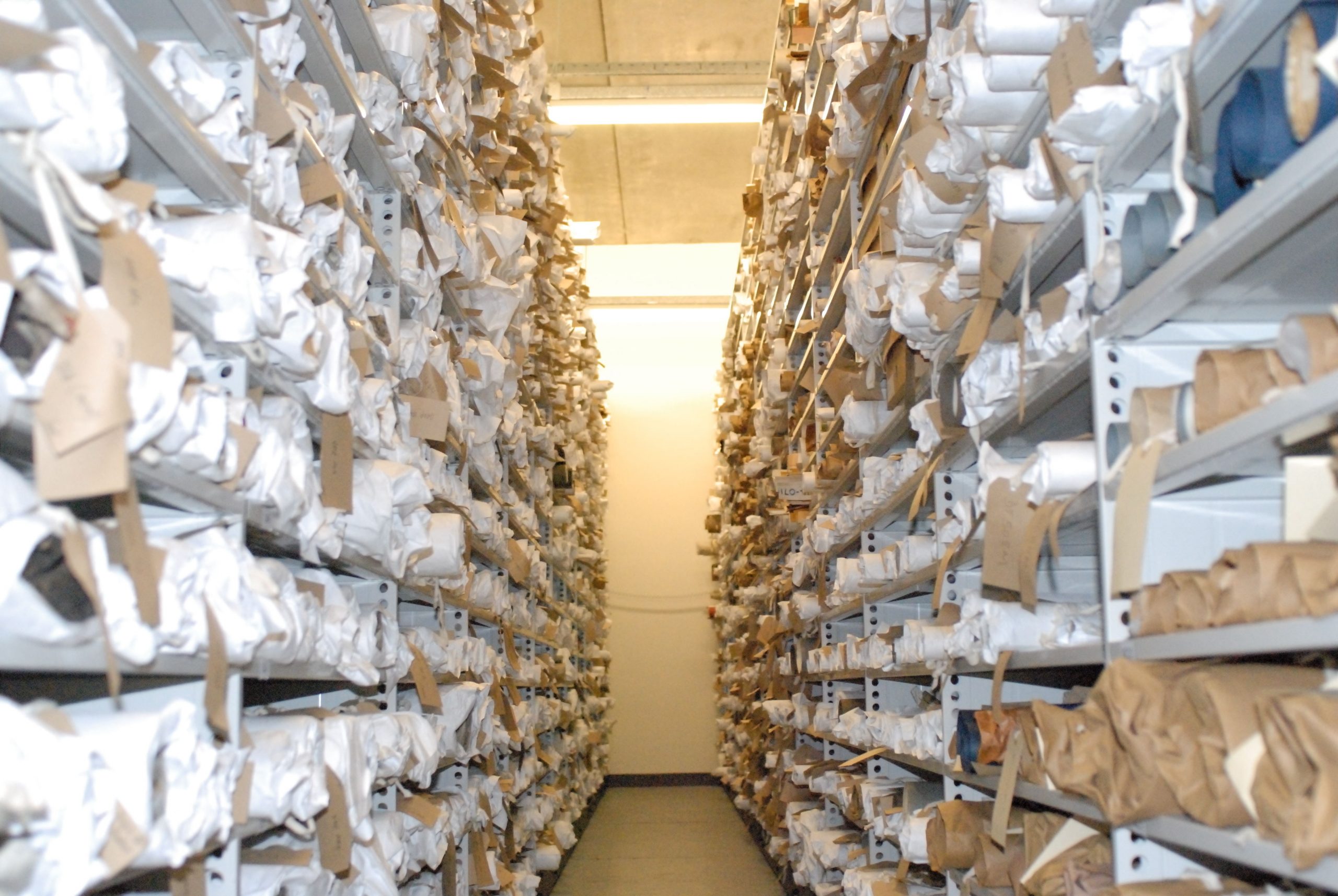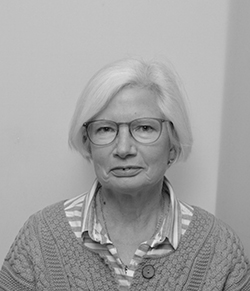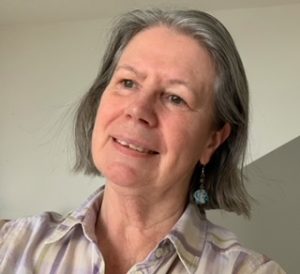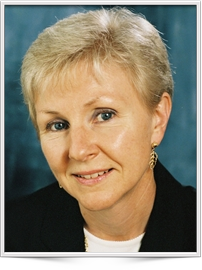In an evolving world, the Northumberland Archives Trust is a charity that supports the county’s Archive Service, strengthening the connections between the Archives and its communities and promoting the integrity and evidential value of Archives, regardless of format. We do this by seeking grants for ambitious inspiring projects which share the powerful stories hidden between the pages to increase understanding of the county’s rich heritage and global relevance: today and tomorrow.
What We Do
Our Values:
COMMUNITY: We believe that Northumberland’s Archives should be used for the benefit of Northumberland’s communities, generating pride and interest in their rich history and culture
ACCESSIBLE: We strive to raise awareness of the Archives and their contents; and to make them accessible to everyone, locally, nationally and globally.
AMBITION: We do our utmost to support, promote and raise money for the Archives to inspire, inform and engage the broadest possible range of audiences
INTEGRITY: We act with integrity ourselves and work to protect the integrity of information in a digital world.
The above values inform everything that we do, whether it be through:
- Advocacy and Engagement
- By building awareness of the Archives and the Archives Service we advocate their relevance to a wide range of audiences, funders and others
- Leading and supporting initiatives that promote the Trust and its work
- Collaboration and Partnerships
- Engaging with others to enhance the protection of the archives, promote access to collections and progress innovations in digital preservation and access.
- Partnering with others to enable access to a range of funders and increase the potential for successful grant applications.
- Social and Environmental Themes
- Focusing on programmes and projects that derive from social or environmental themes: such as health, landownership, local government, industry, utilities.
- Politics and Governance
- Engaging with people and organisations that influence the future of the Archives Service. Including: NCC (Northumberland County Council), Northeast Museums and the Charity Commission.
Treasures waiting to be Uncovered
Northumberland has a rich written history from the time of St Aidan and St. Cuthbert onwards. Forming part of the border between Scotland and England, kings and queens have quarrelled and their armies have fought over it, and historic castles and abbeys litter the landscape. The records of long-established families and familiar industries – farming and fishing among them - tell of the struggle of people, both rich and poor, to survive through tumultuous times.
More recently, mining, and heavy industry have left their mark on the landscape as the industrial and later the technological revolutions have transformed society. These changes are captured in films and photographs as well as in manuscript, on paper and in digital form. Altogether the County’s Archives already contain over six linear miles of records and are consulted by more than five and a half thousand people each year, and digitisation is further increasing this number.
Together these records make up a rich resource for school and university history departments, local history societies and groups, genealogists, and academic and other researchers in the UK and abroad – in short, for anyone who wants to understand the past and its relevance to today and tomorrow. You can catch a glimpse of this rich resource in the online ‘Treasures of the Archives’ exhibition, which you can access through the following link -
https://northumberlandarchives.com/exhibitions/treasures/index.html

How does the Trust fit in?
Keeping and managing those archives in the care of Northumberland County Council is the responsibility of the Council. The Trust does not manage the Archives, nor does it raise funds and give grants for work which is properly the Council’s responsibility.
However, there are many valuable archives not yet held by the County Archives Service which need to be saved from destruction, and many of those which have been gathered in have yet to be catalogued, preserved and, in the longer term, digitised. While the County Council does its best to help people to access the archives in its care, like other local authorities it struggles adequately to fund all its services. So much more could be done.
Northumberland Archives Trust’s central aim is to improve access for everyone to Northumberland’s Archives. It does this by raising funds to ensure that primary source material is collected, catalogued and digitised, and thus made available for use by people both in the county and far beyond it. The Trust also works with the Archives Service to promote the importance of archives, including knowledge and understanding of the varied and colourful source material which is available.
Who We Are
Established in 2020, our Trustees and supporters are drawn from throughout Northumberland and beyond
it. We work closely with the County’s Senior Archivists and with other academic and professional advisers
to ensure that the funds we raise are well-spent. Profiles of our Trustees and others can be seen below.
Sue Shaw
Chair

Sue Shaw
Chair
Sue was born in Solihull and attended the King Edward VI High School for Girls, Birmingham. She studied Economics and Law at King’s College Cambridge after which she qualified as a solicitor and spent most of her legal career working for central government.
Morag Boyes
Secretary

Morag Boyes
Secretary
Morag has recently retired from her post as Director of Literacy at a large Academy in Ashington, Northumberland. Her role was to promote and develop literacy throughout primary and secondary education; supporting staff and encouraging children to develop as effective communicators with a love of the written word.
Stuart Bankier
Treasurer

Stuart Bankier
Treasurer
After a career in finance in insurance and food manufacturing Stuart spent twelve years working as a Bursar in an independent school before retiring in 2020. Qualifying as an accountant in 1989, having already taken a degree in Business Studies, his work has encompassed IT, logistics, compliance, maintenance of listed buildings and human resources as well as finance.
Willy Browne-Swinburne
Trustee

Willy Browne-Swinburne
Trustee
Willy Browne-Swinburne is a Northumberland landowner, farmer, and businessman with a deep knowledge of the history of his own family (Swinburne of Capheaton) and many other ancient Northumbrian families. His own family archive is held at Woodhorn and has been substantially reconditioned over the last few years.
Lesley Lee
Trustee

Lesley Lee
Trustee
Lesley is a retired librarian who enjoys travel. After qualifying at Leeds Polytechnic with a combined honours degree in Librarianship, Sociology and French, she pursued a varied career in the library world, starting in the Swindon Divisional Library as a public librarian.
Flora Moxon
Trustee

Flora Moxon
Trustee
After studying Archaeology and Medieval History at the University of Southampton, Flora completed a Masters in Archives Management at University College, London. Thereafter, she worked as an Archivist in the Hampshire Records Office, before relocating to Canada where she joined the City of Ottawa’s archives team as an Archivist; subsequently, she was appointed as City Archivist.
Annie Tindley
Trustee

Annie Tindley
Trustee
Annie is Professor of British and Irish Rural History and since November 2020, the Head of the School of History, Classics and Archaeology at Newcastle University. She joined Newcastle in September 2016 and from December 2017-December 2020 was the Consortium Director for the AHRC Northern Bridge Consortium Doctoral Training Partnership.
Linda Bankier
Archivist

Linda Bankier
Archivist
Originally from Northern Ireland, Linda Bankier studied German and Latin at St Andrew’s University before completing a Postgraduate Diploma in Archive Administration. Unusually Linda has spent all her professional career working in Northumberland, initially as an Assistant Archivist at the Northumberland Record Office at Melton Park ( 1986 – 1990) and since then as the Berwick Archivist, running the Berwick-upon-Tweed Record Office.
Sue Wood
Archivist

Sue Wood
Archivist
Born and brought up in the north-east of England, Sue is a graduate in History and English Literature. After graduation Sue took up a role undertaking research for the Trustees of Dove Cottage and a year later took up her first post with Northumberland Archives. She then undertook her professional qualification by distance learning. Sue has continued to work at Northumberland Archives throughout her professional career.


